Maths is everywhere. There is no hiding from it. Maths will appear through every subject you study at school; from measuring quantities for a science experiment to identifying patterns and shapes in Art.
It doesnвҖҷt stop there though. Most days, we are all faced with problems in real life that require us to apply some form of maths to help solve them.
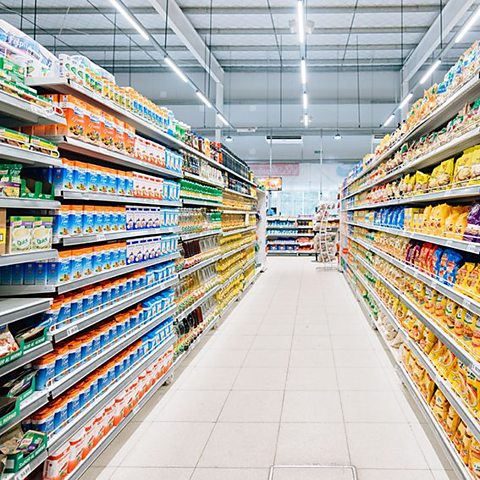
Shopping for ingredients
Imagine a simple trip to your local shop to buy some ingredients for a cake. It may appear straightforward at first, but you are actually surrounded by maths from the minute you walk in.
To begin with, you need to know what quantity of each items you will buy. If you have a budget, you must make sure you do not go over it by calculating the total of what you are buying as you go.


Special offers and discounts
Normally, there will be multiple options of the same item, with special offers such as вҖҳ20% offвҖҷ or вҖҳBuy one, get one freeвҖҷ on certain products. Your task will be to quickly work out which option is the best value for money.

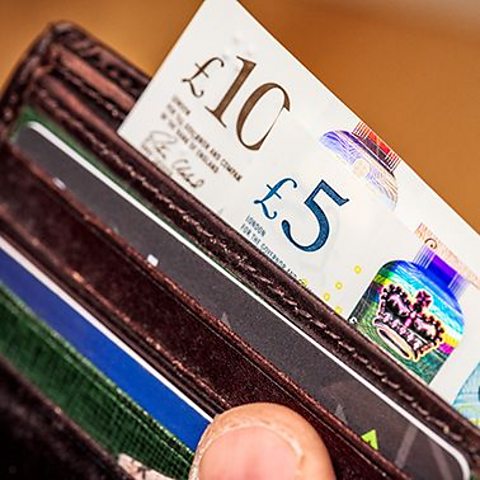
Different ways to pay
Before you leave, you will have to pay the shopkeeper for everything вҖ“ Should you pay by credit card or cash? What coins or notes will you use? How much change will you get?
It sounds like a lot, but with your ability to apply the mathematical skills you have been taught in school, these problems become so much easier to deal with.

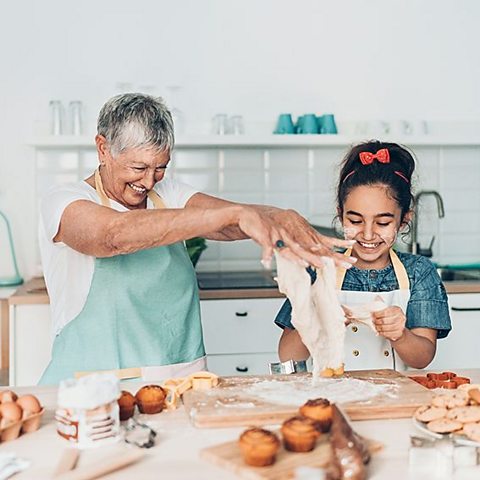
Following a recipe
No doubt you will be hungry after all of that shopping. Thankfully, you now have all of the ingredients you need for the most delicious chocolate cake; all you have to do now is make it.
This is another great opportunity to apply your maths skills to a real life task. You will need to measure out all of the different ingredients using the most appropriate unit of measure.
If you are following a recipe, you may need to convert some of the measurements from pounds to kilograms, or pints to litres. Timing will be important, so you must be precise in working out the duration of cooking time needed for each step. When it is finally cooked, you might (unfortunately!) have to share it вҖ“ how will you divide your cake up? Will it be split into equal fractions or will you keep a bigger piece for yourself?

Maths in everyday life
These are just two examples of how you might use maths in everyday life, but they are certainly not the only ones. As you get older, you will come across countless occasions where you will need to use these numeracy skills, often without you even realising the link.
From big events like travelling to foreign countries, buying your first house and paying taxes, to smaller things like playing your favourite video game, organising your school timetable or even just kicking a football, maths is everywhere. Your ability to apply it to solve every day, practical problems is a key thinking skill that will remain hugely important throughout your life.
More on Processes in mathematics
Find out more by working through a topic
- count3 of 34
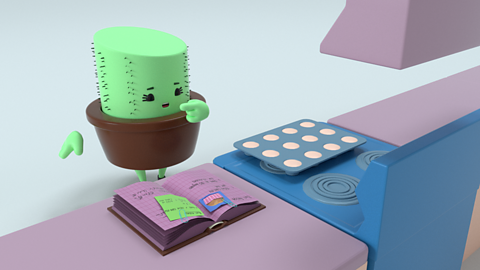
- count4 of 34
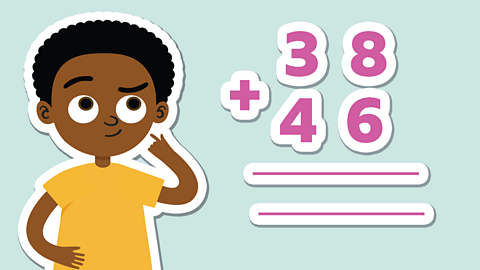
- count5 of 34
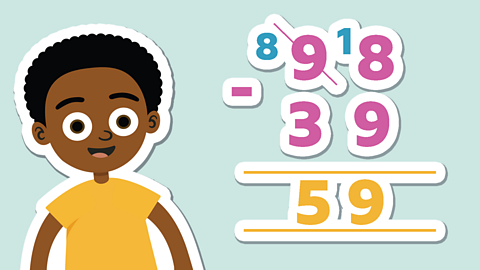
- count6 of 34
